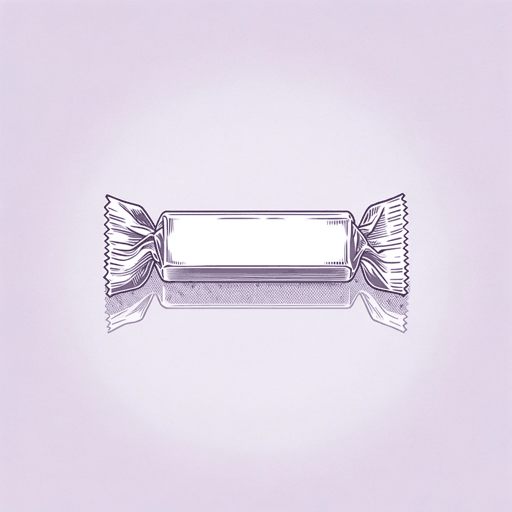27 pages • 54 minutes read
Andre Dubus IIThe Fat Girl
Fiction | Short Story | Adult | Published in 1977A modern alternative to SparkNotes and CliffsNotes, SuperSummary offers high-quality Study Guides with detailed chapter summaries and analysis of major themes, characters, and more.
Important Quotes
“It started when Louise was nine. You must start watching what you eat, her mother would say. I can see you have my metabolism. Louise also had her mother’s pale blond hair. Her mother was slim and pretty, carried herself erectly, and ate very little.”
(Page 158)
This quote introduces Louise’s body image issues and disordered eating, as well as her mother’s role in developing those problems. Dubus omits quotation marks in the mother’s dialogue, suggesting how fully Louise absorbs the words. Louise also does not protest or respond verbally to her mother’s words, showing that her default response to criticism is silence and secrecy.
“The two of them would eat bare lunches, while her older brother ate sandwiches and potato chips, and then her mother would sit smoking while Louise eyed the bread box, the pantry, the refrigerator. Wasn’t that good, her mother would say. In five years you’ll be in high school and if you’re fat the boys won’t like you; they won’t ask you out.”
(Page 158)
This quote establishes that Louise’s mother treats her differently due to her gender. She assumes both that Louise needs to be thin to appeal to men and that appealing to men is what Louise should want. However, the mother apparently does not think it matters what the brother looks like or what he eats. The brother is not named, nor is he specifically mentioned again, suggesting that he mainly functions as a gendered contrast that illustrates the uneven application of ideals of thinness (and attractiveness broadly).
“This is how they would remember her: a girl whose hapless body was destined to be fat. No one saw the sandwiches she made and took to her room when she came home from school. No one saw the store of Milky Ways, Butterfingers, Almond Joys, and Hersheys far back on her closet shelf, behind the stuffed animals of her childhood.”
(Page 160)
This quote comes when Louise is losing touch with her high school friends, Joan and Marjorie, who are busy pursuing boys. It illustrates Louise’s Secrecy in Interpersonal Relationships and develops the motif of candy bars, which are not only hidden, but hidden behind Louise’s childhood toys.
Related Titles
By Andre Dubus II



